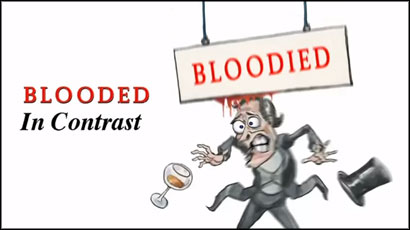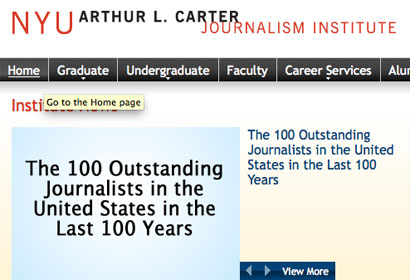Beet.TV has an interesting video with Michael Zimbalist, vice president for research & development, and operations at the New York Times, in which he discusses a new advertising tool called Spark which utilises the Times’s data on stories trending on social media.
According to Beet.TV the tool “serves display advertising into stories as they are trending on Twitter, matched with the demographics of the users who ‘touch’ the story on the social network”.
In the video Zimbalist adds that the Times has been “tracking mentions of Times content in Twitter for a really long time”.
As a result the news outlet has “been able to look at different types of content and different people who spread the content and begin to model out which content will start trending”.
See a video of the discussion below:
[link removed as blip.tv is now deceased]









